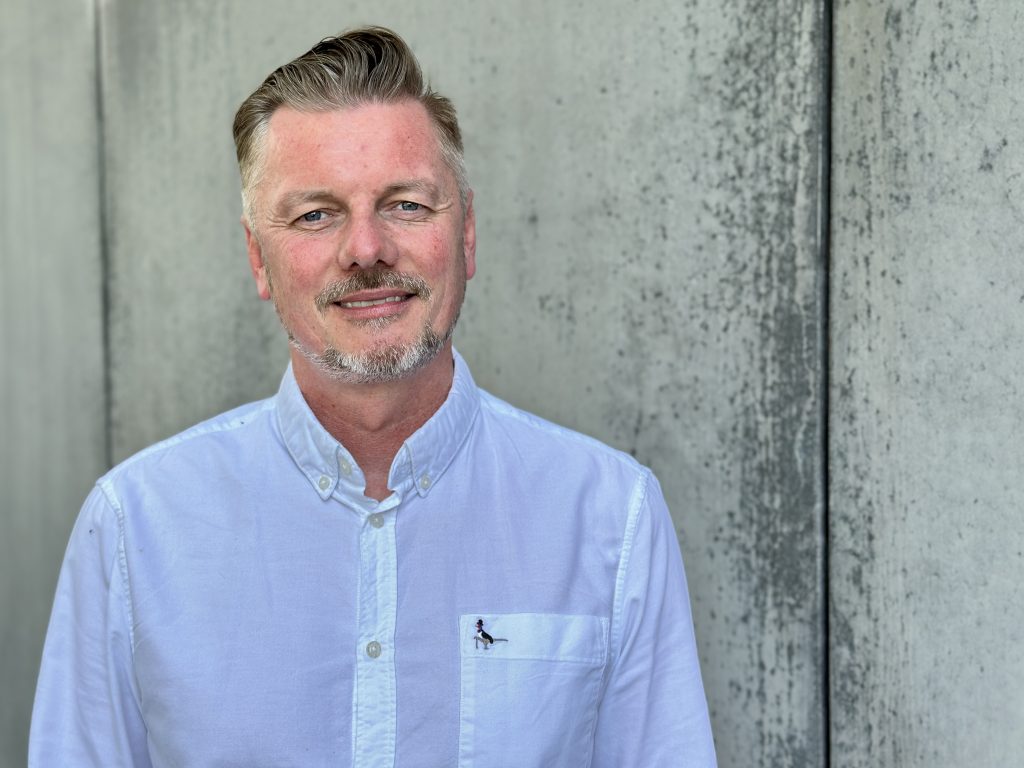Colin Huffen, Associate Director of Standards and Regulation, CIMSPA
The recent Guardian editorial couldn’t be more timely: “The evidence of the benefits of exercise keeps growing – but who is listening?” It’s a question that should resonate not only with those of us working in sport and physical activity, but with policymakers, health leaders and government departments across the UK, particularly given the 10-year health plan that was released earlier this month.
The article reflects on the ever-strengthening evidence base for physical activity. Regular movement reduces the risk of at least 20 different long-term health conditions, from cardiovascular disease and type 2 diabetes, to depression and dementia. Exercise is not only a potent tool for prevention, but also for treatment and recovery. Crucially, it doesn’t require expensive equipment or elite-level skill. Walking, running, activity classes, cycling and swimming are repeatedly shown to improve health outcomes, yet access and uptake remain stubbornly unequal.
Despite these facts being well-documented by institutions such as the World Health Organisation, the NHS and Public Health England, The Guardian rightly points out that progress is slow. Inactivity remains high, particularly among people living in poverty, those with long-term health conditions and people from ethnically diverse backgrounds. The result? Widening health inequalities and growing economic inactivity due to the impact of these long-term conditions.
This is where the role of the professional physical activity workforce must be brought into sharper focus.
At CIMSPA, the Chartered Institute for the Management of Sport and Physical Activity, we represent a professional community that is uniquely equipped to tackle these challenges. From health navigators to exercise referral specialists and chartered activity and health specialists , our members are working every day to engage people who are inactive, isolated and/or managing health conditions.
These are not hobbyists. They are skilled professionals, trained to industry-agreed national standards, who can motivate and change behaviour, apply the science of movement and adapt activity safely for people with complex health needs. They are increasingly embedded in health systems, working with GP surgeries, on social prescribing pathways and in community-based rehabilitation programmes.
Yet, despite their impact, recognition of this workforce has not kept pace with their value.
CIMSPA has been working relentlessly to change this. We’ve developed over 35 Professional Standards in partnership with employers, educators, and sector experts. These standards define the knowledge, skills and behaviours required in each role, and for working with a range of populations, in a variety of environments, and with technical specialisms. They form the foundation for a recognised, portable and trusted career pathway. Alongside this, our endorsement of training and education programmes ensures that professionals are skilled and qualified to the right level and supported with ongoing continuing professional development (CPD).
We are working closely with partners in the health and care, and sport and physical activity sectors, supported by the Department for Work and Pensions and Sport England to build bridges between our sector and local and national health and care provision and employment systems.
What we now need is broader system-level recognition for our professionals to be seen as core contributors to public health and care, not as an optional extra. The NHS acknowledge the role of physical activity, but implementation requires a workforce with the right skills and a mandate to deliver.
It’s no longer enough to simply promote the benefits of exercise. We must invest in the infrastructure that enables it, and that includes the people who deliver it. With the introduction of professional status for those working as practitioners, managers or leaders, which is coming soon, the sector will finally have way of those outside of our world, including allied professionals, like those in healthcare, and consumers, being able to identify and verify the expertise that a professional holds.
The Guardian has helped to shine a light on the long-standing truth that physical activity is medicine. However, medicine only works if it’s accessible, trusted and delivered by trained professionals. At CIMSPA, we will continue to advocate for the recognition, integration and support of the workforce that makes movement matter.
